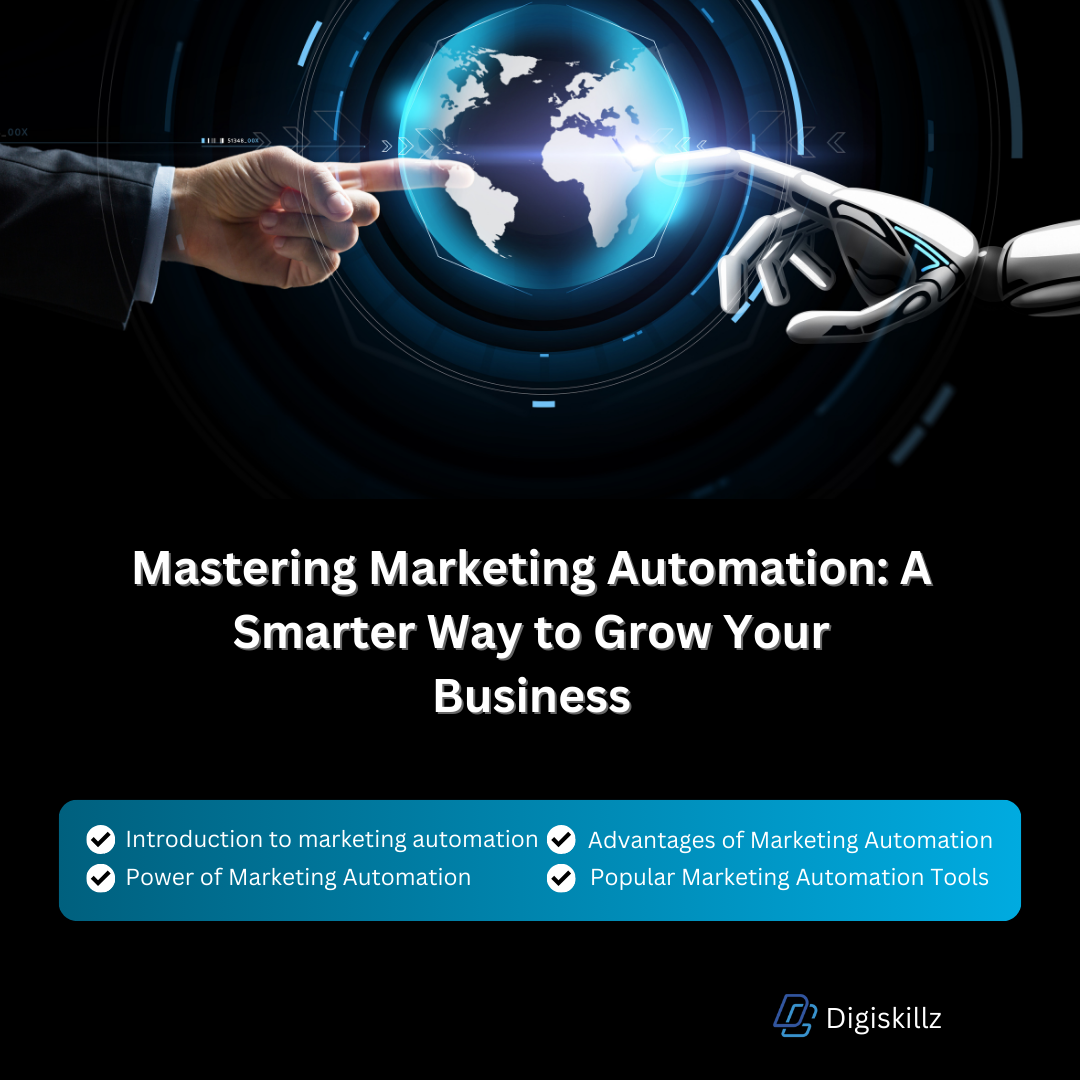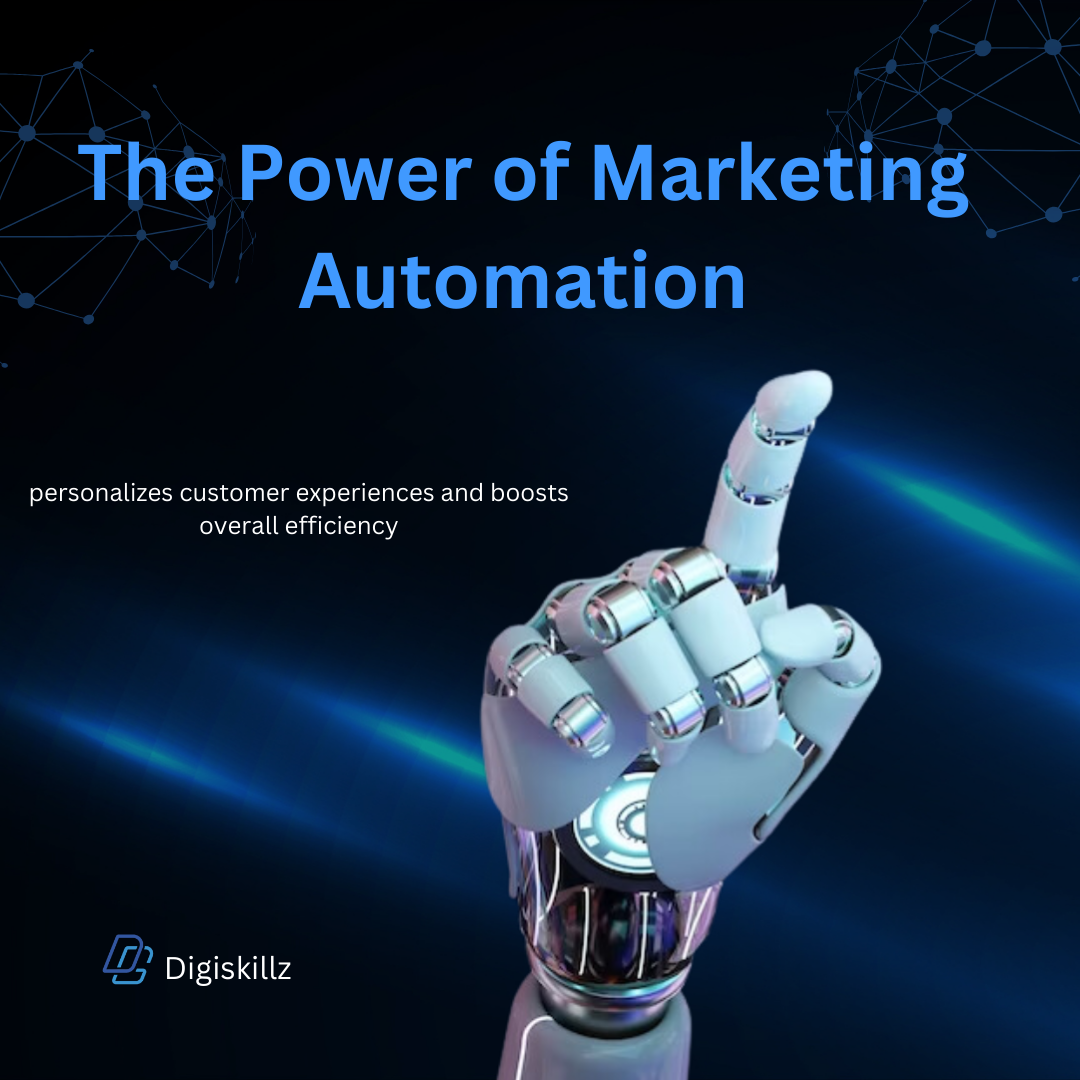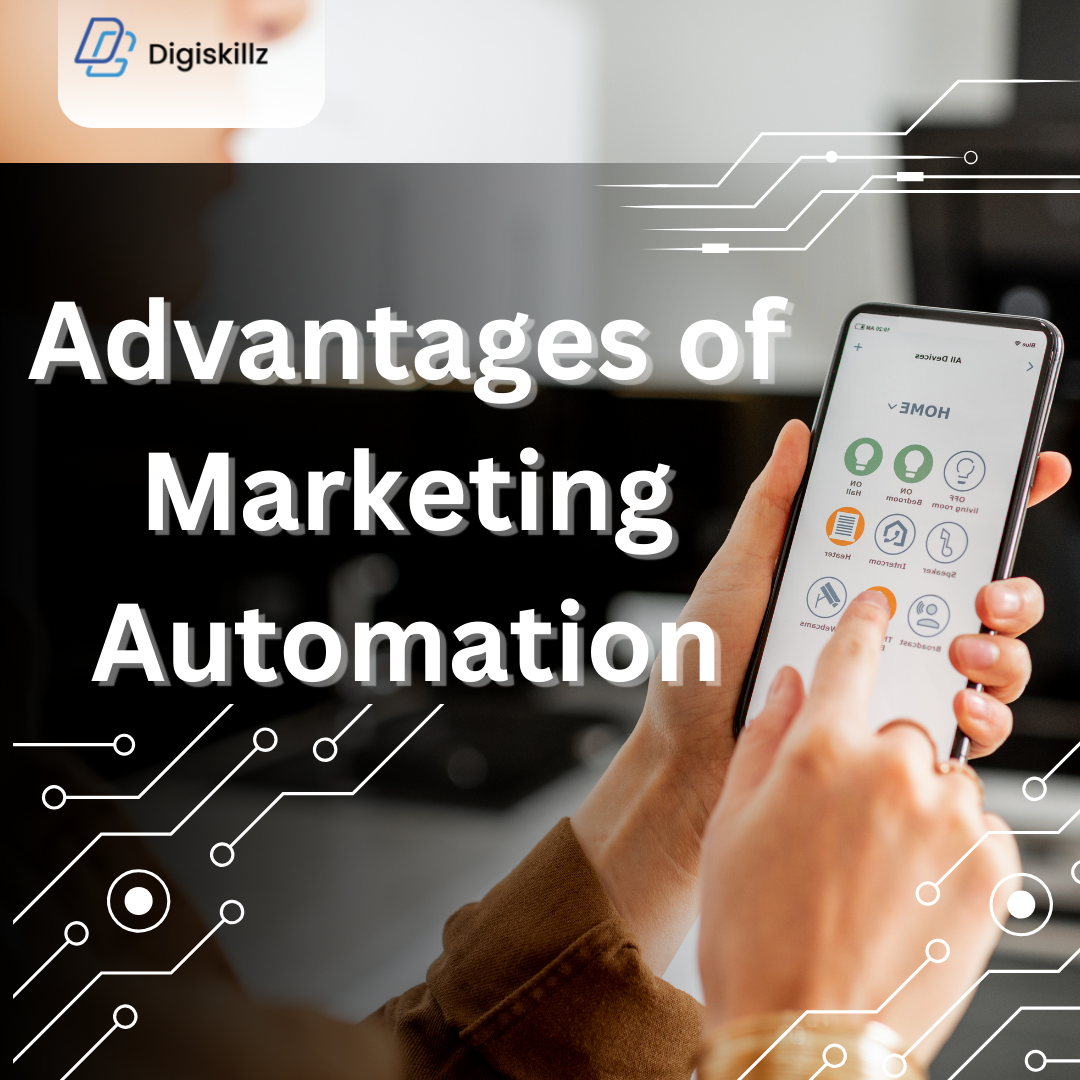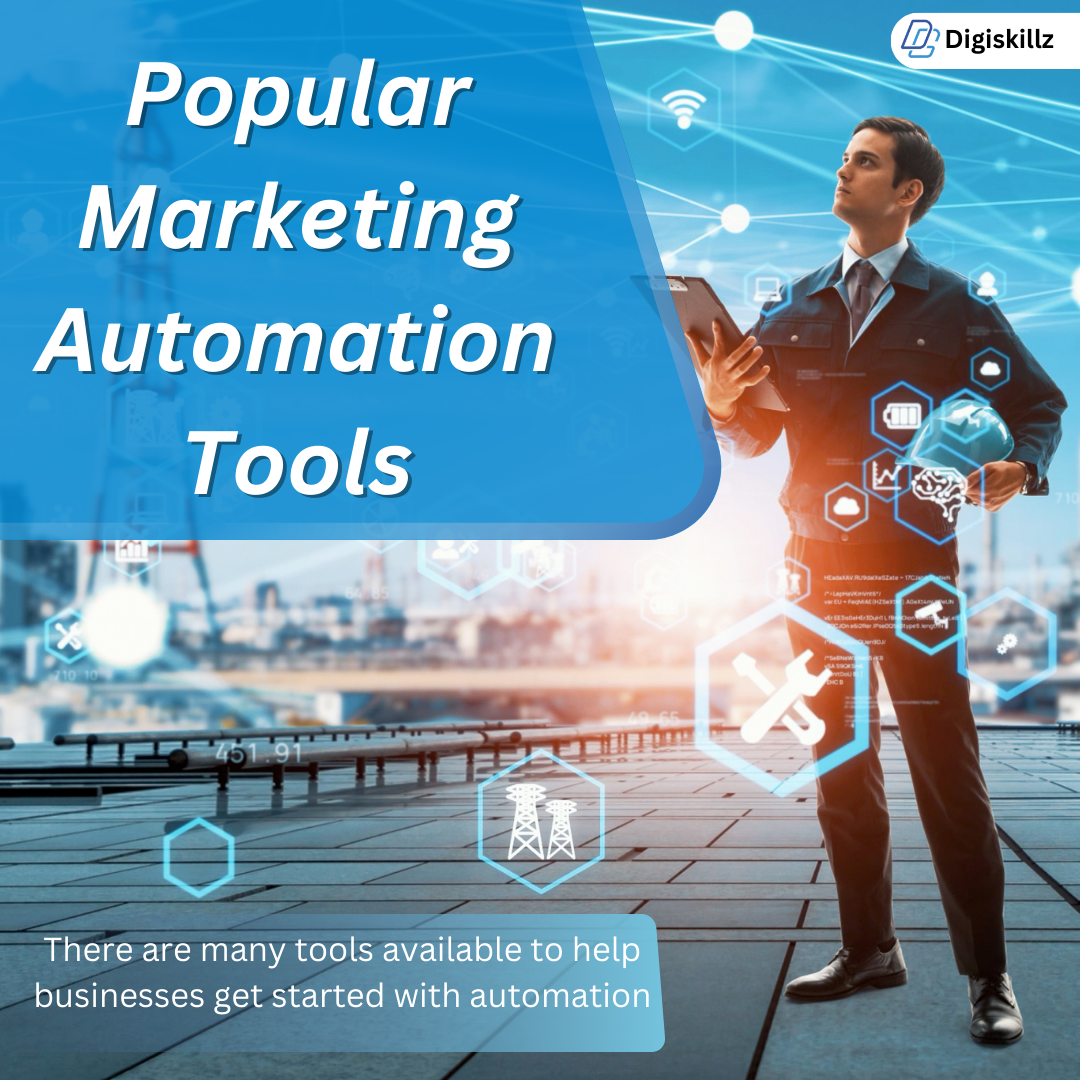
In the modern marketing world, staying ahead of the curve requires more than creativity—it demands efficiency, precision, and personalization. That’s where marketing automation steps in as a powerful tool to simplify complex tasks, nurture leads, and improve ROI. But what exactly is marketing automation, and why is it so impactful?
The Power of Marketing Automation

In today’s fast-paced digital landscape, businesses are constantly seeking smarter ways to connect with their audience. Enter marketing automation a game-changing approach that streamlines repetitive tasks, personalizes customer experiences and boosts overall efficiency.
Marketing automation involves using software tools to automate marketing tasks such as email campaigns, social media posting, ad management, and lead nurturing. It goes beyond efficiency—it’s about crafting meaningful moments that reach the right audience exactly when they need it. By analyzing customer behavior and segmenting audiences, marketing automation ensures that your marketing efforts are both targeted and timely.
Imagine sending a welcome email the moment someone signs up, or following up with personalized offers based on browsing behavior all without lifting a finger.
One of the most significant advantages is scalability. Whether you’re a small startup or an enterprise-level brand, automation grows with you. It provides detailed analytics, allowing marketers to track performance, optimize campaigns, and make data-driven decisions effortlessly.
In conclusion, marketing automation isn’t just a tool it’s a strategy. It frees up time, increases productivity, and empowers businesses to focus on creativity and innovation. For brands aiming to stay competitive and build meaningful connections, automation is no longer optional it’s essential.
What is Marketing Automation?
Marketing automation refers to the use of software and technology to automate repetitive marketing activities. These include email campaigns, social media scheduling, customer segmentation, lead scoring, SMS marketing, CRM updates, and more. Instead of manually performing every task, automation allows businesses to set up systems that run on their own based on user actions or defined triggers.
For example, if someone signs up for your newsletter, marketing automation can instantly send them a welcome email, follow up after a few days, and even recommend products based on their browsing behavior—without any manual intervention.
Key Advantages of Marketing Automation

1. Time-Saving Efficiency
Manual marketing tasks can be repetitive and time-consuming. Automation handles these routine jobs, giving your team more time to focus on strategy, creativity, and customer engagement.
2. Personalized Customer Journeys
Marketing automation helps deliver the right message at the right time. By tracking customer behavior (such as pages visited, emails opened, or links clicked), it can create highly personalized experiences that feel natural and relevant to each user.
3. Lead Nurturing & Scoring
Not every lead is ready to buy immediately. Automation helps nurture these leads over time through consistent, value-driven communication. You can also assign scores based on engagement to identify which leads are most likely to convert.
4. Increased Conversion Rates
With better timing, personalization, and consistent messaging, marketing automation significantly improves conversion rates. Automated workflows guide customers through the buying journey with less friction.
5. Improved Data and Analytics
Automation platforms provide in-depth reports and real-time insights into campaign performance. You’ll know exactly which emails performed best, which pages drove the most leads, and where users dropped off—allowing you to optimize quickly.
6. Scalability
Whether you have 100 customers or 100,000, automation scales your marketing efforts without scaling your team. It’s ideal for businesses that want to grow quickly without sacrificing quality or customer experience.
Popular Marketing Automation Tools

There are many tools available to help businesses get started with automation. Some of the most widely used platforms include:
-
HubSpot
-
Mailchimp
-
ActiveCampaign
-
Klaviyo
-
Salesforce Marketing Cloud
-
Marketo
Each offers different features and pricing, so businesses can choose what fits their needs and budget best.
Real-World Example
Let’s say you run an online shoe store. A potential customer visits your site, views a few products, and then leaves without purchasing. With marketing automation, you can automatically send them a follow-up email the next day showcasing the same shoes or offering a discount. If they still don’t buy, another reminder email or product suggestion can be triggered a few days later.
This smart sequence keeps the brand in the customer’s mind and nudges them toward a purchase—all while your marketing team works on other projects.
Conclusion: Why Marketing Automation Matters
Marketing automation isn’t just a fancy upgrade—it’s a necessity for businesses that want to stay competitive in a digital-first world. It allows for smarter, faster, and more impactful marketing with less manual effort. Whether you’re nurturing leads, sending personalized messages, or analyzing performance, automation helps you work smarter and grow faster.
If you’re looking to build stronger relationships, improve efficiency, and scale with confidence, marketing automation is your next big step.